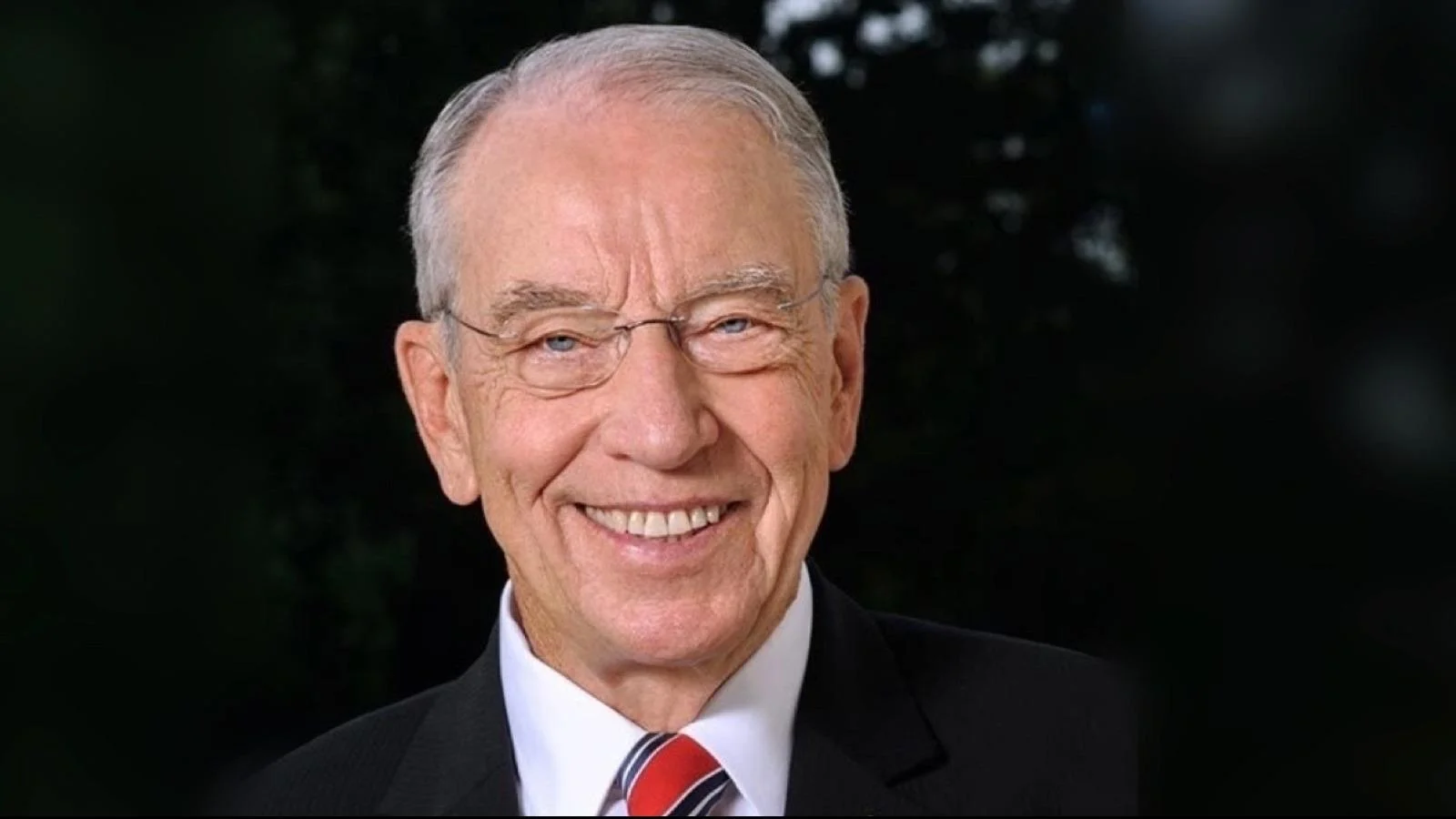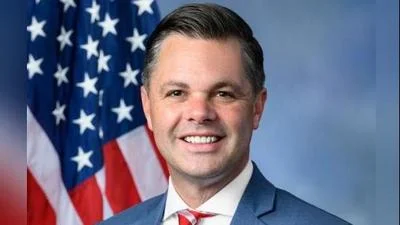Senator Chuck Grassley | Official U.S. Senate headshot
Senator Chuck Grassley | Official U.S. Senate headshot
Congress has implemented changes to the Medicaid program, aiming to enhance fiscal integrity and ensure it continues to serve vulnerable populations effectively. Title XIX was added to the Social Security Act in 1965, establishing Medicaid as a health care safety net for low-income individuals and families. Over time, eligibility expansions have increased federal spending from 60 percent in 1991 to about 74 percent in 2023.
A member of the Senate Finance Committee emphasized efforts "to ensure the most vulnerable populations are served," highlighting bipartisan initiatives like the Right Rebate Act. The senator noted that between 2015 and 2024, improper federal Medicaid payments amounted to $560 billion, with some estimates exceeding $1 trillion.
The Senate-passed budget bill introduces measures to prevent duplicate enrollment and erroneous payments. It mandates twice-yearly eligibility checks and stronger oversight of premium tax credits under the Affordable Care Act. These steps aim to recoup excessive subsidies totaling over $10 billion identified by an oversight initiative.
Additionally, a $50 billion Rural Health Transformation Program is established to support rural providers. The bill also includes work requirements for able-bodied adults under age 64 while providing exemptions for certain groups.
The legislation focuses on prioritizing Medicaid access for Americans by ending federal support for those without verified legal status. According to a Congressional Budget Office estimate, these measures will save over $500 billion. Despite criticism, supporters assert that these reforms safeguard Medicaid's future for its intended recipients.






 Alerts Sign-up
Alerts Sign-up